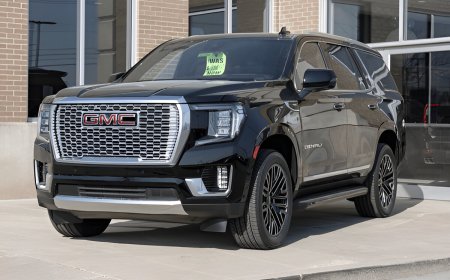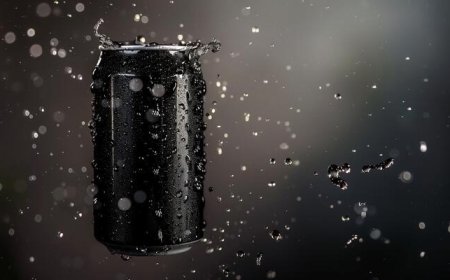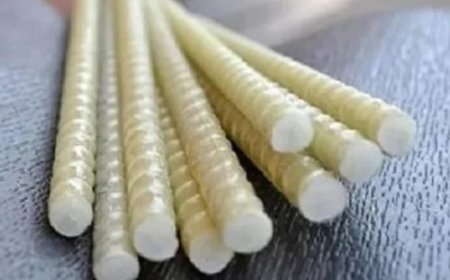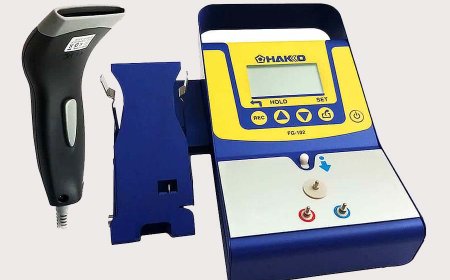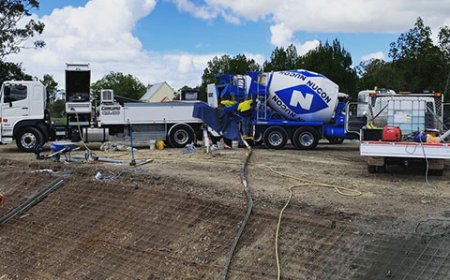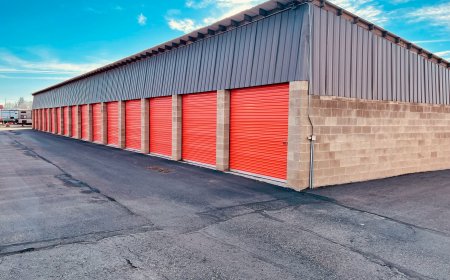Why a BMW Engine Rebuild Might Be the Smartest Move for Your E90 or F30
Rebuilding your BMW E90 or F30 engine can restore performance, boost reliability, and save costs—here’s why it might be your smartest move yet.

BMW's E90 and F30 series have earned a reputation for combining performance, luxury, and engineering excellence. From the E90s N52 and N54 engines to the F30s turbocharged N20 and B48 motors, these platforms offer a thrilling driving experience. However, as these vehicles age, engine wear becomes inevitableand thats when many owners face a critical decision: should you invest in a BMW Engine Rebuild or opt for a full replacement?
While replacing your engine might seem like a quicker fix, an engine rebuild can actually be the smartest moveboth economically and mechanically. In this post, well break down the benefits, cost comparisons, performance outcomes, and long-term value of rebuilding a BMW engine, specifically for the E90 and F30 models.
1. Understanding Engine Rebuilds for BMWs
An engine rebuild involves disassembling the engine, cleaning and inspecting all components, replacing worn parts (like pistons, rings, bearings, gaskets, seals), and reassembling everything to factory or better-than-factory specs.
Rebuilds arent just for race carstheyre a practical solution for aging daily drivers, especially premium vehicles like BMWs where engine replacement can be prohibitively expensive.
2. Common Engine Issues in the E90 and F30
Before discussing why rebuilding is a smart move, lets briefly look at typical engine problems with these models:
E90 Series (20052013)
-
N52 Engine (non-turbo inline-6): Known for oil leaks, coolant system issues, and VANOS solenoid failures.
-
N54/N55 Turbo Engines: Famous for performance but plagued by carbon buildup, high-pressure fuel pump (HPFP) failure, turbo wastegate rattle, and valve cover leaks.
F30 Series (20122019)
-
N20 Engine (4-cylinder turbo): Timing chain failure, oil consumption, and coolant leaks are common.
-
B48 Engine (newer 4-cylinder turbo): Better reliability, but still subject to oil leaks and occasional turbo issues.
Most of these issues, if neglected, can lead to catastrophic engine failure. When that happens, youre left with two options: replace the engine or rebuild it.
3. Rebuild vs. Replacement: A Cost Comparison
Engine Replacement
-
Cost: $7,000$12,000 for a new or remanufactured engine (not including labor).
-
Labor: Adds another $1,500$3,000 depending on location and complexity.
-
Turnaround: Can be faster if a replacement engine is readily available.
Engine Rebuild
-
Cost: $3,000$6,500 depending on parts, machine work, and labor.
-
Customization: You can upgrade internal components (pistons, bearings, gaskets) for better durability.
-
Longevity: A well-rebuilt engine can last another 100,000+ miles.
Bottom Line: Rebuilding your engine is significantly more cost-effective and allows for better control over quality and performance.
4. Advantages of Rebuilding Your BMW Engine
A. Retain Your Original Engine Block
BMW engines are precision-engineered, and many enthusiasts prefer retaining the original block with matching VIN numbers for resale value and vehicle authenticity. Rebuilding preserves this integrity.
B. Performance Restoration and Upgrades
Rebuilding is not just restorationits an opportunity for enhancement. Want to eliminate common factory weaknesses? Install forged pistons, high-performance head gaskets, or upgraded turbochargers during the rebuild.
C. Increased Reliability
By replacing all wear-prone parts with new or improved components, a rebuild often results in an engine that runs smoother and lasts longer than a used replacement. Think of it as starting freshwith better insight into what went wrong.
D. Improved Fuel Efficiency
An aging engine suffers from poor compression and worn components, which can drag down fuel economy. A rebuild restores compression and combustion efficiency, helping your E90 or F30 sip less fuel.
E. Emission Compliance
Older engines often struggle to meet modern emission standards. A rebuild ensures cleaner burning, helping you pass inspection and reduce your carbon footprint.
5. When is a Rebuild the Right Choice?
You Should Consider a Rebuild If:
-
You plan to keep the car long-term.
-
Your engine is making knocking noises, burning oil, or showing low compression.
-
Youve diagnosed issues like timing chain failure, blown head gasket, or turbo failure.
-
You want performance upgrades during the repair.
-
The rest of the car (body, transmission, suspension) is still in good condition.
6. Finding the Right Mechanic or Rebuild Specialist
Rebuilding a BMW engine isnt a job for the average garage. It requires precision, technical expertise, and access to high-quality components.
What to Look for:
-
Experience with BMW engines (especially N52, N54, N55, N20, and B48).
-
Reputation for quality and reliability (check reviews, forums, and referrals).
-
Warranty on rebuilt engines (at least 12 months is ideal).
-
Use of OEM or upgraded partsnot just the cheapest options.
Many BMW performance shops now offer rebuild packages tailored for specific engines. Some even offer dyno tuning post-rebuild for optimal performance gains.
7. Real Owner Testimonials and Experiences
Case Study 1: E90 335i with N54 Rebuild
Mark, a BMW enthusiast from Texas, opted to rebuild his N54 after a turbo failure at 145,000 miles. He upgraded the turbos, fuel system, and cooling during the rebuild. The car feels brand newand faster than stock. It was definitely worth the investment.
Case Study 2: F30 328i with N20 Rebuild
Lisas F30 started consuming oil and showing timing chain issues at 110,000 miles. Instead of replacing the engine, she chose a full rebuild with reinforced timing guides. The engine is smoother, quieter, and my MPG improved.
8. Environmental and Sustainability Benefits
Rebuilding is not only smart for your walletits better for the planet. Manufacturing new engines requires substantial energy and raw materials. Rebuilding your existing engine reduces waste, conserves resources, and helps extend the life of vehicles already in circulation.
9. Resale Value and Buyer Confidence
A properly documented engine rebuild, especially with performance or reliability upgrades, can actually increase the resale value of your BMW. Buyers are more confident when they see receipts, a rebuild log, and upgraded internalsknowing they wont face imminent engine repairs.
10. Myths About Engine RebuildsDebunked
Myth 1: Rebuilds Dont Last as Long
False. When done correctly, rebuilt engines can last as long asor even longer thanfactory engines.
Myth 2: Its Cheaper to Buy a Used Engine
Used engines come with unknown wear and no guarantee of performance. A rebuild ensures every component is inspected and refreshed.
Myth 3: Rebuilding Takes Too Long
With proper scheduling, a rebuild can be completed in 12 weeks. Thats comparable to waiting for a back-ordered replacement engine.
Conclusion: Is an Engine Rebuild Right for You?
If you're facing engine troubles in your BMW E90 or F30, don't assume you need a costly full replacement. Rebuilding your engine is often a smarter, more sustainable, and more performance-oriented solution. With the right mechanic and rebuild strategy, your BMW can be restored to its former gloryor even better.
A rebuilt engine means:
-
Lower cost than replacement
-
Extended vehicle life
-
Better performance and fuel economy
-
Increased reliability and resale value
So before you part ways with your beloved BMW or invest in a used engine, take a serious look at rebuilding. It might just be the smartest automotive decision you make.







